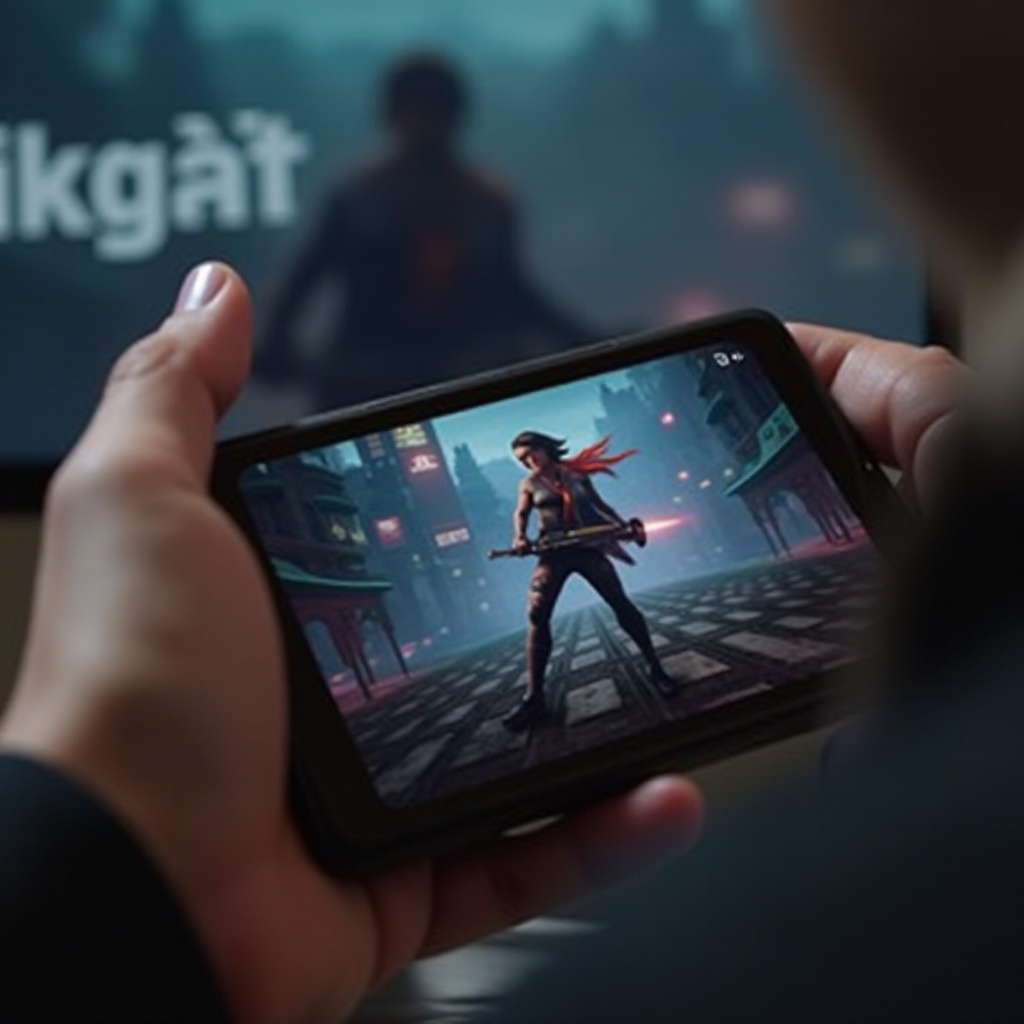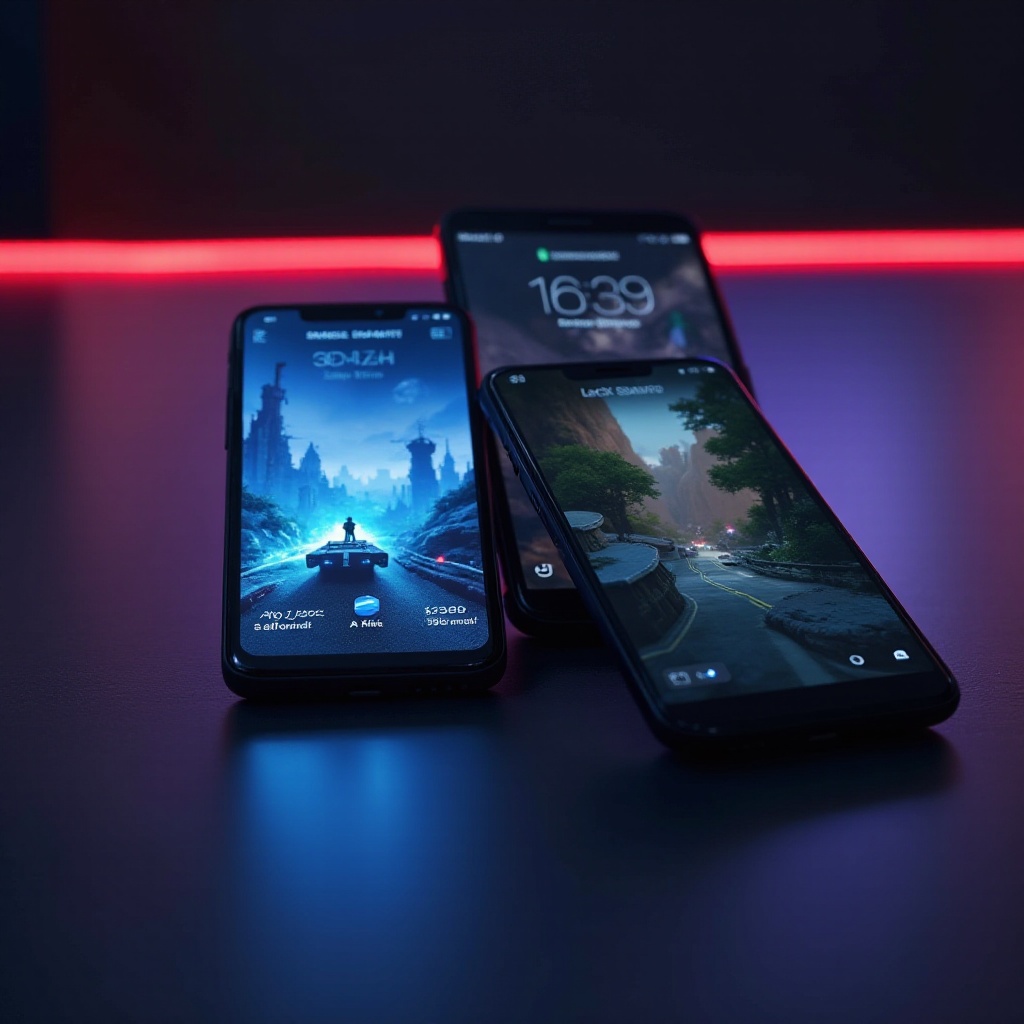Introduction
Google’s entry into the smartphone market with the Pixel series has set benchmarks for cameras and a pure Android experience. Yet, with the rise of mobile gaming, the big question is whether Pixel phones can compete with top-tier gaming phones. From hardware to software, let’s explore if Google’s focusing on transforming Pixel phones into gaming machines.

The Evolution of Google’s Pixel Phones
From the first Pixel’s release, Google established a new standard for Android phones. The Pixel series has significantly evolved in terms of design, camera technology, and software enhancements, showing Google’s commitment to offering a premium user experience.
Early models, like the Pixel 1 and 2, prioritized camera quality and clean software integration, neglecting gaming performance. As mobile gaming gained traction, Google started making modest performance and battery life improvements. The Pixel 3 and 4 featured enhanced screens and better graphics capabilities, accommodating casual gaming.
With the Pixel 5, Google made substantial hardware upgrades, yet dedicated gaming phones still overshadowed its performance. This foundation sets the stage to look at how recent hardware advancements cater specifically to gamers.
Hardware Improvements in Latest Google Phones for Gaming
The latest Pixel models, notably the Pixel 6 and 7 series, boast significant hardware enhancements. Key among these is the custom-built Tensor chip, a significant move aimed at boosting overall performance, including gaming.
- Processor Improvements: The Tensor chip emphasizes AI and machine learning, but its advanced GPU capabilities cannot be understated. Improved graphics performance ensures smoother gameplay and better frame rates, even for demanding titles.
- Display Technology: High refresh rates are critical for a seamless gaming experience. The Pixel 6 and 7 series sport screens with up to 120Hz, providing fluid motion essential for fast-paced games.
- Battery Life and Cooling: Gaming is power-intensive and generates heat. Recent Pixels feature larger batteries and advanced cooling solutions, vital for extended gaming sessions without overheating or shutdowns.
- Memory and Storage: With up to 12GB of RAM and 256GB of storage, Pixels offer solid RAM management and enough storage for large game files, ensuring smooth operation and quick loading times.
These hardware improvements underscore Google’s commitment to making Pixel phones capable of intensive tasks like gaming. However, hardware is just part of the equation; software enhancements are also critical for an unrivaled gaming experience.
Software Enhancements and Gaming Features
Google’s pure Android experience is synonymous with the Pixel series, offering an uncluttered interface, seamless updates, and optimized performance that directly benefits gamers. In addition to these inherent advantages, Google has rolled out several features to attract gamers.
- Game Dashboard: Introduced with the Pixel 6, the Game Dashboard offers quick access to utilities like screen recording, screenshots, and Do Not Disturb to minimize interruptions for an immersive gaming experience.
- Optimized Gaming Modes: Pixel phones now identify when a game is launched, automatically optimizing performance settings to prioritize resources for smooth play and efficient battery management.
- Google Play Games Integration: Seamless integration with Google Play Games lets gamers manage achievements, leaderboards, and multiplayer sessions, enriching the social and competitive aspects of gaming.
- Enhanced Haptic Feedback: Better haptic feedback syncs with in-game actions, significantly improving immersion and player involvement.
Coupled with improved hardware, these software features place the latest Pixel phones on more competitive ground. Let’s see how these advancements fare against other top gaming phones.

Comparison with Other Gaming Phones
Direct comparisons with dedicated gaming phones like the ASUS ROG Phone, Nubia RedMagic, or the latest iPhones reveal both advantages and limitations of the Pixel series.
- Performance Metrics: Gaming phones equipped with specialized Snapdragon or MediaTek chips generally outshine the Tensor chip in raw performance metrics.
- Display Quality: While Pixel screens are impressive, gaming phones often offer superior displays, with higher brightness levels, HDR support, and refresh rates up to 165Hz.
- Gaming Features: Devices like the ASUS ROG Phone offer additional features such as air triggers, external cooling systems, and advanced gaming modes that Pixels currently lack.
- Battery and Heat Management: Dedicated gaming phones typically have bigger batteries and more aggressive cooling solutions, making them more suitable for extended gaming sessions.
Though Pixel phones have made considerable strides, the challenge from specialized gaming phones persists. Nevertheless, the future promises even more intriguing developments.

Future Prospects: What to Expect
Looking ahead, Google’s ongoing commitment to the Pixel lineup suggests exciting possibilities for gamers. The Tensor chip’s potential for AI-driven gaming enhancements could lead to significant advancements in performance.
Focusing on augmented reality (AR) and virtual reality (VR) could revolutionize mobile gaming on Pixel phones. Additionally, fostering partnerships with game developers to optimize games for the Tensor chip could further elevate the gaming experience.
Continuous investment in battery technology and thermal management will be essential for long gaming sessions. Moreover, exploring gaming-specific accessories could position Pixel phones as versatile devices capable of both daily tasks and high-end gaming.
In conclusion, Google’s approach to enhancing Pixel phones for gaming is promising. Further innovations and enhancements are necessary, with Google’s proactive strategy offering gamers an optimistic outlook.
Conclusion
While Google’s Pixel phones may not yet dominate the gaming phone market, the improvements in recent models indicate a bright future. With ongoing advancements in both hardware and software, and potential new gaming-focused features, Google is well on its way to making Pixel phones a top choice for mobile gamers.
Frequently Asked Questions
What hardware improvements has Google made to enhance gaming on Pixel phones?
Google has made several hardware improvements, including the introduction of the Tensor chip for better performance, high refresh rate screens for smoother gameplay, larger batteries for extended gaming sessions, and advanced cooling systems to prevent overheating.
How does Pixel’s gaming performance compare with other top gaming phones?
While Pixel phones have greatly improved, offering solid performance and great displays, they still fall short compared to dedicated gaming phones like ASUS ROG or Nubia RedMagic, which come with specialized gaming features and superior hardware tailored specifically for gaming.
What future updates can we expect from Google to improve gaming on their phones?
Future updates may include advancements in AI-driven gaming enhancements, partnerships with game developers, focus on AR and VR technologies, better battery and thermal management solutions, and possibly gaming-specific accessories to broaden the appeal for mobile gamers.
